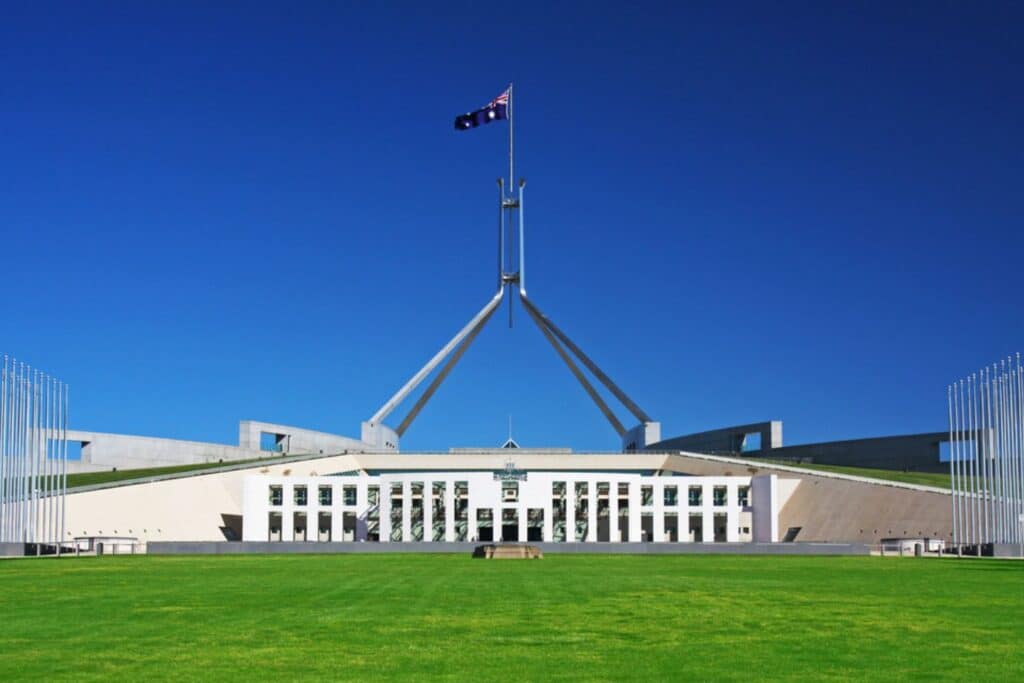The Albanese government has announced it will invest $15 million into First Nations-led research on family, domestic and sexual violence.
The investment is the next stage in the Aboriginal and Torres Strait Islander Action Plan which operates under the National Plan to End Violence Against Women and Children 2022-2032.
The targeted research aims to provide culturally-informed data, led by First Nations peoples, which will contribute to concrete action towards ending violence against women and children within the next ten years.
Minister for Social Services Amanda Rishworth said the research will be a critical part of the government’s work towards the elimination of family and domestic violence.
“It is vital that First Nations peoples lead and own the research that helps to understand the nature and extent of experiences of violence for First Nations women and children,” Minister Rishworth said.
“This not only means that we can gain a much stronger picture of the nature and extent of family violence, but that First Nations people have sovereignty over the research and resulting data that will help shape solutions and strategies to end violence against First Nations women and children.”
Family and domestic violence disproportionately affects First Nations women, who are 34 times more likely to be hospitalised as a result of the violence than non-Indigenous women.
Sadly, First Nations women are six times more likely to die from family and domestic violence than non-Indigenous women.
Part of the National Agreement to Close the Gap is the target to reduce the rate of all forms of family violence and abuse against First Nations women and children by 50 per cent by 2031. Minister Rishworth said the first step towards achieving this target is through targeted research.
“Through a First Nations-led research approach, the Government will drive meaningful change, shaped by First Nations voices and grounded in data that reflects the priorities, knowledge and wisdom of First Nations cultures,” she said.
“With community-led data, we can take effective, targeted action to end family, domestic, and sexual violence for First Nations women and children, better measure our progress against Closing the Gap targets and take significant strides towards a safer Australia.”
The $15 million First Nations-led research will be delivered over five years.
If you or someone you know is impacted by sexual or family violence, call 1800RESPECT on 1800 737 732, 24 hours a day, 7 days a week or visit www.1800RESPECT.org.au
Feeling worried or no good? No shame, no judgement, safe place to yarn. Speak to a 13YARN Crisis Supporter, call 13 92 76. This service is available 24 hours a day, 7 days a week.
If you are concerned about your behaviour or use of violence, you can contact the Men’s Referral Service on 1300 766 491 or visit www.ntv.org.au
Carer Inclusive Workplace Initiative
The Department of Social Services, headed by Minister Amanda Rishworth, has launched several new initiatives under the leadership of the Albanese government, including the Carer Inclusive Workplace Initiative.
The Albanese government announced the new framework at the end of October during Carers Week, saying it will be a win for all unpaid carers in Australia, but also a win for employers.
Last week, Minister Amanda Rishworth spoke on the Women’s Agenda weekly podcast, The Crux, to give more information on what’s involved in the initiative.
“We know that there are so many unpaid carers – one in nine Australians actually do unpaid care,” Minister Rishworth said.
“What we want to do is encourage workplaces and employers to have a look at their policies and procedures, how inclusive they are as an employer to accommodate someone’s caring responsibilities as well as work responsibilities.”
The Carer Inclusive Workplace Initiative involves an 11-question self-assessment tool for an employer to determine what policies and practices exist and are working in their workplace, and where they can improve. There will also be learning resources available for employers to work on creating a more inclusive environment for unpaid carers.
If a workplace is deemed inclusive for all unpaid carers under the self-assessment tool, the employer is eligible to display a logo advertising their inclusivity.
“Often employers imagine the whole thing is too hard,” Minister Rishworth said.
“But what this initiative will do, it will actually demonstrate that just some small adjustments can actually make a big difference.”
You can check out the full podcast episode, plus all other episodes on The Crux, here.


